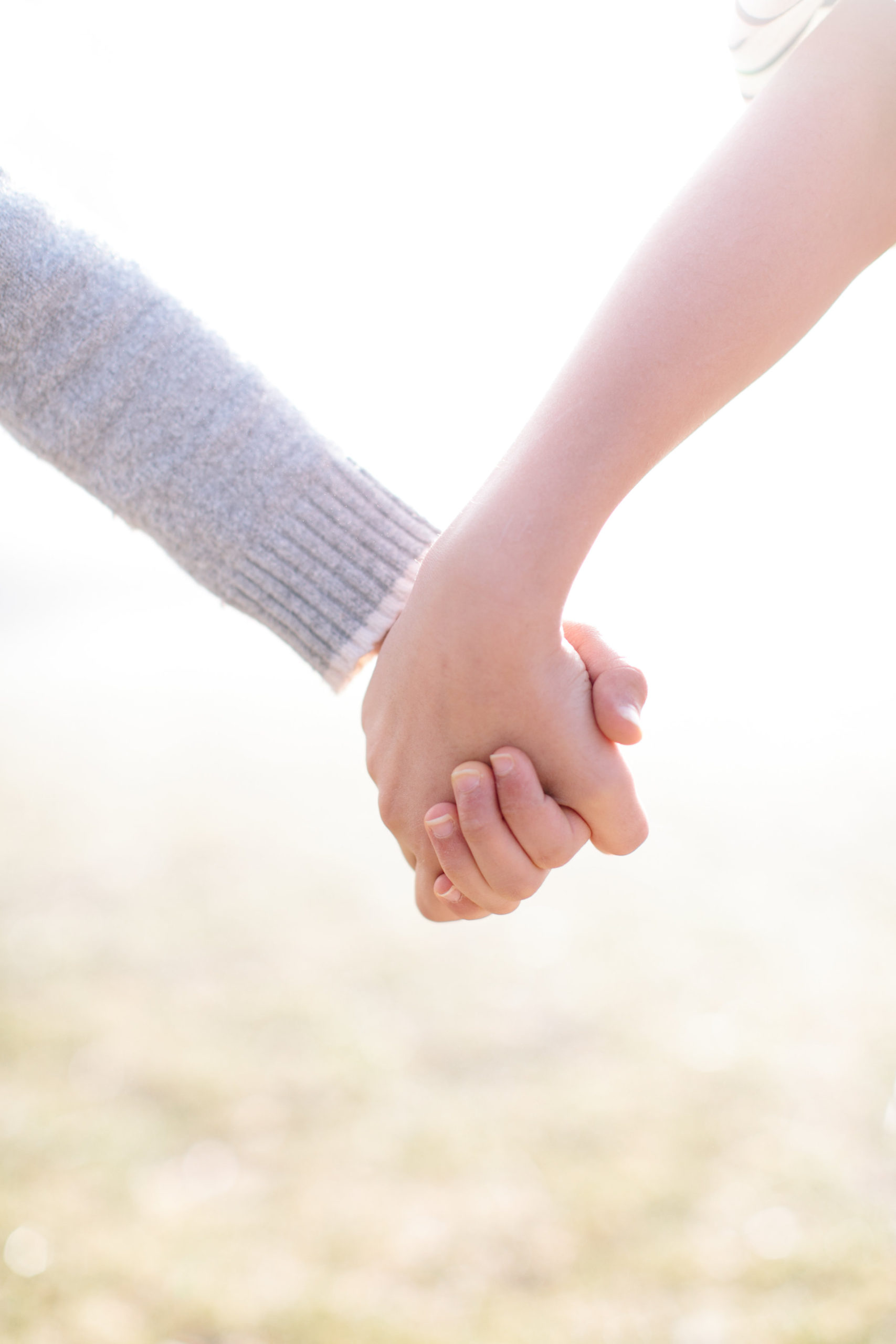Sober Curious.
Am I an alcoholic?
Alcohol is used for so many things these days. You drink it to celebrate, when you’re having a bad day, when you’re socializing. We binge drink in college or to look cool or because it’s the weekend. Or if it’s a first date or the weather is nice or to escape your emotions.
Then we wake up the next morning with a hangover and say the words so many of us are familiar with. “I will NEVER drink again.” But then it’s right back to it the next weekend.
I never realized I had a problem until I took a step back from it.
- No DUI
- I never got drunk before or at work
- Never felt physically dependent on it
So how do you know if you have a problem?
- Drink more than intended
- Try to cut back but are unable to
- Spend a lot of time drinking or being hungover
- Interference with daily life
- Cravings for alcohol
- Continuing to drink even when it hurts relationships
- Giving up hobbies to drink
- Alcohol has put you in harm’s way more than once
- Need more alcohol to achieve desired effects
- You consume alcohol even though it makes your anxiety or depression worse
- You have withdrawal symptoms once alcohol’s effects wear off
Alcohol = ethanol: which is the same thing we use for rocket fuel, house paint, antiseptics, solvents, perfumes, etc.
We are a generation of label readers. We avoid dairy, gluten, processed food and refined sugars. We buy natural organic, clean products. But yet we drink alcohol…for fun. And it takes 3-4 days to remove alcohol from the body.
We justify our drinking by normalizing it and compare ourselves to people who “actually” have a problem. We fail to see our patterns or progressiveness.
What are the short-term effects of alcohol?
1.) Disrupts sleep – alpha brain waves still activated during sleep, so we are unable to fully recuperate. Deprivation of REM sleep causes anxiety, mood swings, and memory loss.
2.) Causes anxiety – alcohol is a depressant, we often forget that. Drinking alcohol releases cortisol and adrenaline, so when the “take the edge off” feeling goes away, you’re left with anxiety.
3.) Makes detoxifying your body difficult – alcohol cuts the line in the liver’s detoxification process, so toxins from food, air, skincare products, medication, etc. build up over time and cause issues with mental function and the central nervous system, premature aging and makes it more challenging to lose weight.
4.) Causes weight gain – excess toxins get into fat cells, high in sugar/calories with no nutritional value, and messes with blood sugar balance.
5.) Messes with your brain – Every part of your brain is affected: memory, motor function, inhibition, personality, emotional state.
6.) Disrupts endocrine function (hormones) – sleep cycle, raises estrogen, depletes testosterone, stimulates fight or flight response
7.) Destroys microbiome – dysbiosis, imbalance of good and bad gut bacteria (kills good, bad flourishes). Causes yeast overgrowth, inflammation, brain fog, nutrient deficiencies.
5 Types of alcoholics:
1.) Young Adult Alcoholic (31.5% of alcoholics in the U.S.) – underage drinkers/early 20s binge drinkers, seen as a normal phase in life
2.) Young Antisocial Alcoholic (21% of alcoholics in the U.S.) – Mid 20s/early 30s, started drinking young. Alcohol used for self-medicating, poor impulse control, typically also have mental health disorders.
3.) Functional Alcoholic (19.5% of alcoholics in the U.S.) – middle aged, “have it all together” types. Family history of alcoholism, mood disorders, etc.
4.) Intermediate Familial Alcoholic (19% of alcoholics in the U.S.) – Family members with problems. Family stress leads to alcoholism.
5.) Chronic Severe Alcoholic (9% of alcoholics in the U.S.) – typically male, usually struggling with legal issues or other drug issues.
When I shifted my relationship with alcohol:
I did a round of 75 Hard in 2020 where one of the rules is no alcohol. I also read this book called Quit Like a Woman by Holly Whitaker. After the 75 days were over, I decided my body needed more of a break. I needed more reflection. I ended up taking a break from alcohol for 6 months.
Since then, my relationship with alcohol has changed. I don’t use it to cope with stress. I don’t use it to avoid dealing with trauma. I don’t use it to release my inhibitions. But I don’t need it to communicate with people. I don’t need it to have fun.
I encourage everyone to self-reflect. What are your triggers? Also, why do you drink?
I now drink very infrequently. I learned my limits and rarely even reached them. I know how certain alcohol affects me more poorly than others. So, I stick to wine or tequila/mezcal.
Will I ever be sober forever? I’m not sure. But I have learned my triggers and the reasons I previously drank and won’t allow myself to go down another rabbit hole.
Would my life be better without alcohol? Maybe.
But cutting back sure has improved my mental, physical and emotional health.
And to me, that is enough.




